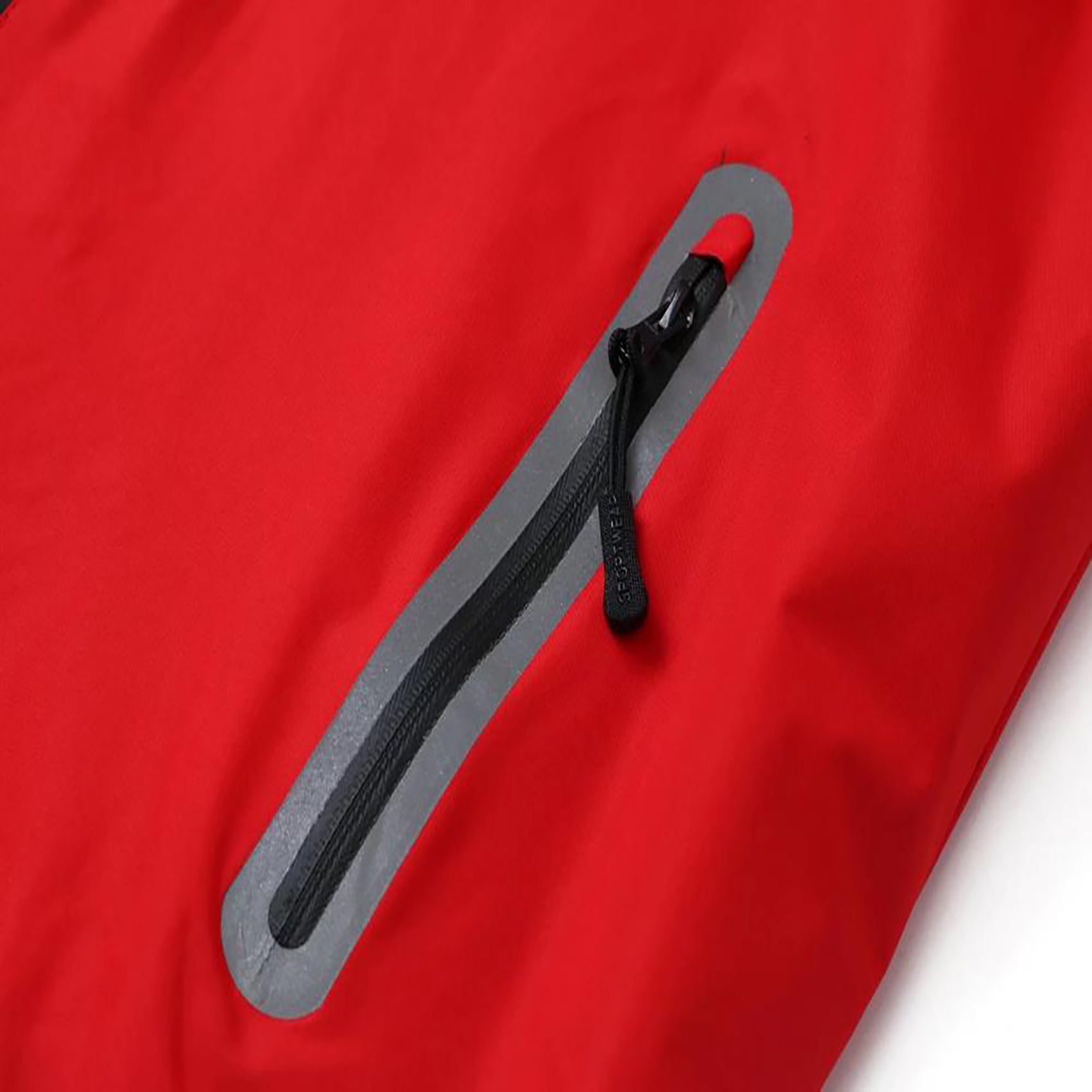- Afrikaans
- Albanian
- Arabic
- Armenian
- Basque
- Belarusian
- Bengali
- Bulgarian
- Croatian
- Czech
- Danish
- Dutch
- English
- Esperanto
- Finnish
- French
- German
- Greek
- Hebrew
- Hindi
- Indonesian
- irish
- Italian
- Japanese
- Javanese
- kazakh
- Rwandese
- Korean
- Kyrgyz
- Latin
- Latvian
- Luxembourgish
- Malay
- Myanmar
- Nepali
- Persian
- Polish
- Portuguese
- Romanian
- Russian
- Serbian
- Slovak
- Spanish
- Swedish
- Tagalog
- Tajik
- Turkish
- Ukrainian
- Uzbek
- Vietnamese
Aug . 15, 2024 09:48 Back to list
Choosing the Right Work Gloves for Maximum Comfort and Safety in Various Industries
The Essential Guide to Workman Gloves Protection and Performance
In various industries, from construction to manufacturing, workman gloves play a crucial role in ensuring safety and enhancing productivity. These gloves are designed to protect workers' hands from a wide range of hazards, including cuts, abrasions, chemicals, heat, and even electric shock. With such a variety of options available, choosing the right pair of gloves is essential for anyone performing manual work.
Understanding the Different Types of Workman Gloves
Workman gloves come in various types, each tailored for specific tasks and environments. Here, we will explore some of the most common types
1. Cut-Resistant Gloves These gloves are made from materials that can resist cuts and punctures. They are often worn in industries where sharp tools and equipment are prevalent, such as metal fabrication and glass handling.
2. Chemical-Resistant Gloves Workers in chemical plants or laboratories need gloves that protect against toxic substances. Made from materials like rubber or nitrile, these gloves guard against spills and splashes.
3. Heat-Resistant Gloves For jobs that involve high temperatures, such as welding or working with hot machinery, heat-resistant gloves are essential. These gloves are constructed with materials that can withstand extreme temperatures without compromising the wearer’s safety.
4. Electrical Gloves In electrical work, specialized gloves are required to protect workers from electrical hazards. These gloves are tested for their ability to resist electric shock, providing an essential layer of safety.
5. General Purpose Gloves For everyday tasks, general-purpose gloves offer a balance of comfort and protection. They might be used in tasks ranging from light construction to gardening.
Choosing the Right Gloves
When selecting workman gloves, several factors should be considered to ensure optimal protection and performance
work man gloves

- Material The material of the glove plays a significant role in its effectiveness. Leather gloves are durable and provide good protection against abrasions, while synthetic options offer flexibility and are often designed for specific tasks.
- Fit Proper fit is critical. Gloves that are too tight can restrict movement and lead to fatigue, while loose gloves can interfere with dexterity and grip. Always refer to sizing charts and consider trying on gloves before purchasing.
- Grip Depending on the tasks at hand, the grip of the gloves can be a determining factor. Textured surfaces enhance grip, reducing the likelihood of dropping tools or materials.
- Additional Features Consider if you need gloves with added features, such as waterproofing, insulation for warmth, or touchscreen compatibility.
Maintaining Your Workman Gloves
To ensure the longevity and effectiveness of workman gloves, proper maintenance is key
- Cleaning Follow the manufacturer’s instructions for cleaning. Some gloves can be machine washed, while others may need to be wiped down or hand washed.
- Inspection Regularly inspect gloves for signs of wear and tear. Replace gloves that show damage, as they may no longer provide adequate protection.
- Storage Store gloves in a dry, cool place away from direct sunlight, as prolonged exposure can deteriorate the materials.
Conclusion
Investing in high-quality workman gloves is an essential aspect of workplace safety. Whether you are handling sharp tools, heavy machinery, or hazardous chemicals, the right gloves can adapt to your environment and protect your hands from injury. By understanding the different types of gloves, selecting the appropriate pair, and maintaining them properly, professionals can ensure their hands remain safe and protected, allowing them to focus on the tasks that matter most. Remember, safety starts with the right gear.
-
Work Reflective Vest: A Silent Guardian of Security
NewsJul.10,2025
-
Vest Reflective Safety: A Safety Lighthouse in Low Light and High Traffic Environments
NewsJul.10,2025
-
Soft Cotton Polo Shirts: A Fashionable and Practical Choice for Multiple Scenarios
NewsJul.10,2025
-
Soft Cotton Polo Shirts: A Fashionable and Practical Choice for Multiple Fields
NewsJul.10,2025
-
Reflective Vest: The Light of Industry and Outdoor Safety Protection
NewsJul.10,2025
-
Polo Shirt: A versatile and fashionable item that can be worn in one outfit
NewsJul.10,2025




